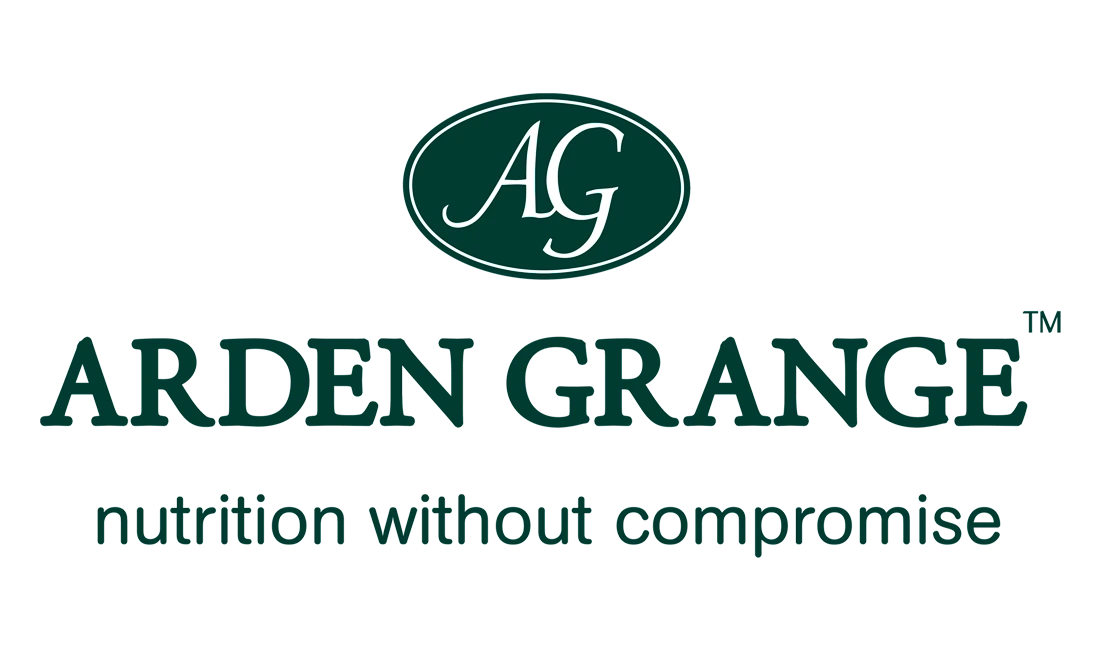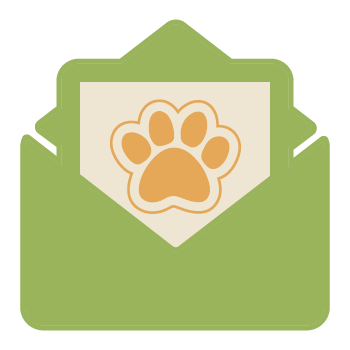Coprophagia - stool eating in dogs
Coprophagia is a form of pica, which means “a depraved appetite”. It is a common problem, and whilst disgusting to us, it is frequently enjoyed by dogs. Some prefer to eat their own stools; others may prefer those of other dogs, or other species, particularly felines, cattle and horses. Some will eat any stools accessible to them regardless of origin. It is a problem for us because it is unhygienic and increases the risk of transmission of zoonotic infections that can be passed from animals to people. It also increases your dog’s risk of infection and intestinal worms.
Coprophagia usually has behavioural roots, and common causes include attention seeking, boredom, exploratory behaviour, copying and hunger. Some dogs eat stools purely because they have tried it once and liked it, so will repeat doing so until access to faeces is prevented or the owner has trained them not to.
It is a common misconception that coprophagia often occurs as a result of the diet lacking in nutrients. Dog food that is labelled as complete must by law supply all the nutrients required, and at Arden Grange we regularly have our food analysed to ensure that this is the case. Furthermore, we select ingredients based on their nutritional value to the dogs that we feed. However, some medical conditions can deplete nutrients and increase hunger, so a vet check is sensible if your dog has a voracious appetite for stools or other non-food items.
- Primary gastrointestinal maldigestive and malabsorptive disorders such as exocrine pancreatic insufficiency, severe inflammatory bowel disease, intestinal lymphosarcoma.
- Endocrine disorders such as hyperadrenocorticism and diabetes mellitus which can cause an increased appetite to such an extent that a dog may look to non-food items to ingest.
- Anaemia (iron deficiency; which has a variety of underlying causes).
- With the majority of these conditions, other symptoms besides the coprophagia will usually be evident, particularly diarrhoea. Some foods, although complete and balanced, may not provide your dog with optimal nutrition if poorly digested. Reasons that a diet might not be suitable for an individual include intolerance or allergy to a specific ingredient or sensitivity to a processing method. Any condition that compromises the digestion can mean that even a very high quality diet is poorly utilised. Common culprits include protozoal parasites such as Giardia and Isospora, and the overgrowth of pathogenic gut bacteria such as Campylobacter and Salmonella. Whilst this type of infection usually makes people very sick, dogs are often resilient and may appear bright and well despite the effects internally.
Coprophagia is normal when a bitch is nursing young puppies. She will ingest their faeces whilst she is cleaning them and stimulating their bowel movements, and before domestication it would have been essential to keep the nest clean and to remove odours which could attract predators. Newborn puppies cannot voluntarily relax their sphincter muscles until later in life, and young puppies may begin eating their stools when the dam no longer performs the task. Coprophagia is most common in puppies and adolescence, and in many cases, it is a habit that has arisen from natural behaviour which will be grown out of.
Coprophagia may arise as a result of hunger or boredom. In multi-dog households, a ringleader often starts the habit, and the other dogs will copy. This can be a difficult cycle to break. Coprophagia does not necessarily indicate poor care or inadequate stimulation; some dogs are naturally more inquisitive than others and others are instinctively greedy.
Vitamin B and K deficiency have been implicated, but this is not proven, and is most likely to stem from cases in dogs with EPI where serum levels of B12 may be low, and in cats fed excessive fish which can induce vitamin K (as well as thiamine) deficiency. In clinically healthy animals, vitamin deficiency is very unlikely to be the cause of coprophagia.
Excessive carbohydrate intake has been suggested as a cause, but there is no scientific evidence to support this. However, low quality sources of carbohydrate have low digestibility and reduced nutritional value, and gluten grains, particularly wheat, are not always well-tolerated by sensitive dogs. These factors potentially could contribute to conditions manifesting in coprophagia, but they are unlikely primary causes.
Assuming a clean bill of health; first weigh your dog, weigh out the amount of food given and check this against the feeding guidelines. Your dog’s requirement for calories may have increased due to growth in a young animal or increased activity. If indicated, it is advised that the daily volume of food is raised. This should be done gradually to avoid over-loading the digestive system with unaccustomed larger meals, as this can cause loose stools or even bloat. At the opposite extreme, over-feeding may lead to some partially digested nutrients being passed, which could then make the stools more desirable to your dog. Insoluble fibre is indigestible, so avoid feeding large amounts of fruit or vegetables.
You can help to alleviate boredom by making the environment more interesting. Interactive feeding toys and “finding food” games are particularly useful for keeping your dog mentally stimulated. It is important that your dog gets adequate exercise so that he is less inclined to amuse himself by eating things he shouldn’t because he hasn’t got anything better to do.
If your dog appears to be eating stools as a form of attention seeking, then the following steps can be taken:
- Ensure your dog is kept on the lead prior to toileting so that you can move him away from the faeces whilst it is cleaned up.
- Try to remain calm and reserved whilst your dog is around faeces, and do not rush to pick up the mess. Some dogs see this as a game of “who can get there first”.
- Try rewarding your dog with lots of fuss and a food reward for coming away from the area. You will however need to ignore him if he is showing an interest in the faeces. If this is the case, refrain from talking to, shouting at, looking at, or even touching him. By withdrawing interaction, your dog should soon lose interest in the faecal matter.
If your dog appears to be copying another by eating faeces you will need to deal with the ring-leader first. Whilst the initial coprophagic dog is being trained out of this behaviour, you should ensure that the dogs' toilet at separate times. This should discourage the copycat.
With dogs that are interested in eating faeces for any reason, it can be useful to teach them a simple “off” command. You can encourage them to move away from the area using a treat, and so long as the treat is sufficiently tempting, they should be happy to leave. Over time, they should associate leaving the faeces with reward and attention.
It is never too late to break a bad habit, although you may need some help and support from a behaviourist if problems persist. It can be difficult to break the cycle of ingrained behaviours, especially if the problem has been going on for some time. It is recommended that faeces are immediately cleaned up to prevent them from being eaten, and try to limit as far as possible access to any other non-food items that your dog may turn his attention to as an alternative.
Some owners have found that chilli powder, pepper or grated orange zest sprinkled over the faeces have worked as a deterrent, whilst others report that a small amount of pineapple or grated courgette added to the diet gives the faeces a very unpleasant taste to dogs. The latter will of course only apply if the dog is eating his own faeces rather than the stools of other animals. These suggestions are based on anecdotal rather than scientific evidence, but are harmless and worth trying. There have also been anecdotal reports that probiotics and enzyme supplements may be beneficial in resolving coprophagia.
Regular worming is especially important for coprophagic dogs. Always wash your hands with antibacterial soap after handling because when dogs lick to clean themselves they transfer bacteria from their mouth to other parts of their body.
Coprophagia is generally normal, but it is a bad habit that should be discouraged. A change of diet to a very high quality pet food such as Arden Grange may be beneficial if your dog is currently fed a less digestible brand that is not giving optimal nutrition or satisfaction.
Please note that without being able to see your pet in his or her own environment that the guidance we can offer is limited. If your dog has (or you suspect he or she may have) a medical condition, please seek veterinary advice, and in the case of behavioural problems we recommend consulting a behaviourist.


 Puppy
Puppy
 Adult
Adult
 Senior
Senior
 Sensitive
Sensitive
 Treats
Treats Kitten
Kitten
 Adult
Adult
 Senior
Senior
 Trusted British Brand
Trusted British Brand

